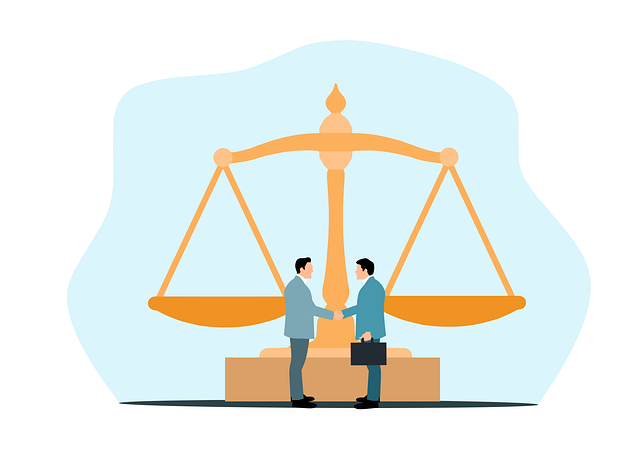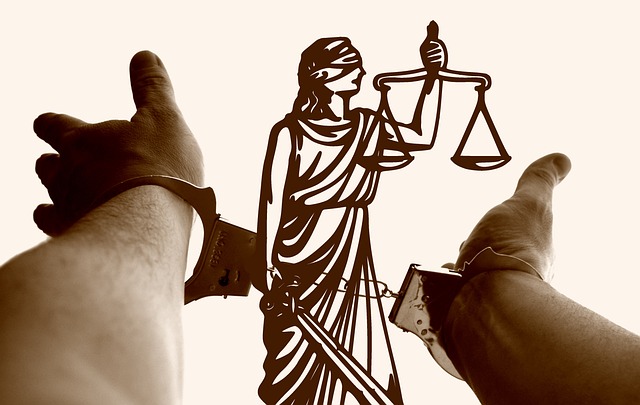Antitrust laws, crucial for fair markets, curb monopolies and abusive practices. Understanding these laws prevents legal pitfalls, especially in complex cases where early mitigation averts severe consequences. Misconceptions about competition and antitrust abound; expert guidance navigates nuances, balancing competition while upholding market integrity. "Common Issues in Administrative Law Cases" delves into defenses against allegations, employing economic analyses, expert testimony, and freedom of contract arguments to challenge anti-competitive practices. White-collar defense is vital for non-violent conduct distinction, impacting plea bargains or jury trials with significant public scrutiny implications.
“Uncover the intricate world of antitrust violation cases, where understanding legal nuances is key. This article navigates the complex landscape of administrative law, demystifying common issues plaguing markets. From the foundational principles of antitrust laws to practical strategies for defense, we explore how businesses can steer clear of regulatory pitfalls.
Learn about the delicate balance between competition and market power, dispelling misconceptions that often cloud judgment. Discover what constitutes anti-competitive behavior, empowering you with insights into identifying and mitigating potential risks.”
- Understanding Antitrust Laws and Their Purpose
- Common Misconceptions About Competition and Markets
- Identifying Behavior That Violates Antitrust Rules
- Legal Strategies and Defenses in Antitrust Cases
Understanding Antitrust Laws and Their Purpose

Antitrust laws are designed to promote fair competition and prevent monopolies from dominating markets. These laws aim to ensure that businesses operate within ethical boundaries, fostering a competitive environment that benefits consumers. By addressing various common issues in administrative law cases, such as price-fixing, market division, and the abuse of dominant market positions, antitrust regulations play a crucial role in maintaining economic equilibrium across the country.
Understanding these laws is essential for businesses to avoid potential pitfalls, especially when navigating complex market landscapes. Many companies might unintentionally violate antitrust principles, leading to significant legal consequences. Achieving extraordinary results often involves recognizing and mitigating risks early on. Therefore, staying informed about antitrust regulations and seeking professional guidance can help businesses navigate these legal intricacies and ensure compliance, thereby avoiding the complete dismissal of all charges.
Common Misconceptions About Competition and Markets

Many people often confuse the concepts of competition and markets, leading to several misconceptions about how antitrust laws should be interpreted. A common misunderstanding is that markets devoid of competition are inherently bad and anti-competitive behavior always harms consumers. However, in reality, some level of consolidation and market concentration can actually enhance efficiency and drive innovation. Antitrust laws exist to ensure a balance, preventing monopolies from abusing their power while fostering healthy competition.
Another misconception is that antitrust violations automatically lead to massive fines and jury trials across the country. While penalties are a part of the legal process, they vary based on the severity of the case and serve as a deterrent for future infractions. Many general criminal defense strategies can be applicable in antitrust cases, focusing on ensuring fair procedures, challenging evidence, and presenting a robust legal argument to protect the rights of individuals or businesses accused of violations.
Identifying Behavior That Violates Antitrust Rules

Identifying behavior that violates antitrust rules is a nuanced task, often requiring meticulous analysis of complex economic interactions. Common issues in administrative law cases arise when businesses engage in practices such as price-fixing, market division, and the abuse of dominant market positions. These behaviors can take various forms, from explicit agreements between competitors to implicit strategies that restrict competition unreasonably.
Throughout all stages of the investigative and enforcement process, legal experts specializing in white collar defense play a crucial role. They help navigate the intricate web of antitrust laws and regulations, ensuring clients’ rights are protected while upholding the integrity of competitive markets. High-stakes cases often turn on subtle distinctions in behavior, making expert analysis and strategic advocacy indispensable for a fair outcome.
Legal Strategies and Defenses in Antitrust Cases

In antitrust violation cases, legal strategies and defenses are intricate and multifaceted. Companies and individuals accused of anti-competitive practices often face a complex web of legal challenges. A common approach in administrative law cases is to challenge the legality of the allegations by scrutinizing the evidence and assessing whether the conduct in question actually violates antitrust laws. Defendants may argue that their actions were not harmful to competition or consumers, relying on economic analyses and expert testimony to support their position. Additionally, they could invoke defenses related to freedom of contract, arguing that their agreements or behaviors were consensual and did not restrict market competition.
White-collar defense is a significant aspect, focusing on avoiding indictment and the potential for criminal prosecution. Strategists may emphasize the absence of violent or fraudulent elements in the alleged conduct, aiming to differentiate these cases from more severe crimes. While some defendants might opt for plea bargains, others choose to fight, seeking jury trials to present their case and challenge the government’s evidence. This strategic decision can have profound implications, as jury trials offer a platform for robust legal arguments and public scrutiny of the evidence presented in antitrust violation cases.
Antitrust violation cases are a crucial aspect of administrative law, addressing common issues that impact market competition. By understanding the intricate details of antitrust laws and identifying behaviors that breach these rules, businesses can navigate complex legal strategies to protect their interests. Dispel misconceptions about competition and embrace transparent practices to foster fair markets, ensuring long-term success in an ever-evolving economic landscape.






